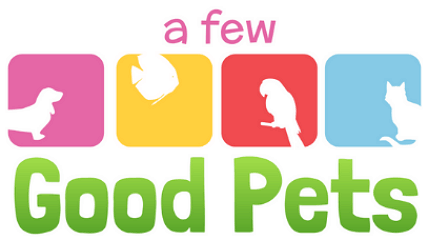Parrots are popular and rewarding pets to have. They are as loyal, if not more so, to their humans as the average dog breeds, and they have unique personalities. They are marvels of nature, beautiful, smart and with the singular ability in the animal kingdom to mimic what they hear. Still, sometimes they nip at their owners.
Does a parrot bite hurt? Simply put, a parrot bite does hurt. The damage done may depend on the type of parrot, their intent and their beak power. But no matter what, it will not feel good and will most likely take a while to heal. An intense bite may crush bones or require stitches.

It is important to remember that not only are parrots wild animals at heart, but they are also intelligent and strong birds who have beaks that are immensely powerful weapons.
Though parrots are not aggressive or mean animals as long as they are happy, properly socialized and well cared for, they have moods and issues just like their human counterparts.
Table of Contents
Why Is Your Parrot Biting?
There are many factors in play as to why your parrot may be biting, and the best way to avoid the pain that will result from a parrot bite is to learn how to minimize your parrot biting at all. The key to doing this is understanding why your parrot is biting.
There are multiple reasons that will cause a bird to bite, and the best way to deal with a biting bird is to determine why your parrot is biting.
Learning your bird’s body language will be invaluable to help determine why your parrot is biting and how to stop it.
Baby Biting
As babies, parrots will explore their world with their mouths, just as puppies and kittens do.
One thing baby parrots will use their beaks for is to grip onto their owner’s fingers when reached for if they think the hand is being pulled away too quickly. As long as trained properly, this behavior should cease with age.
Control/Dominance
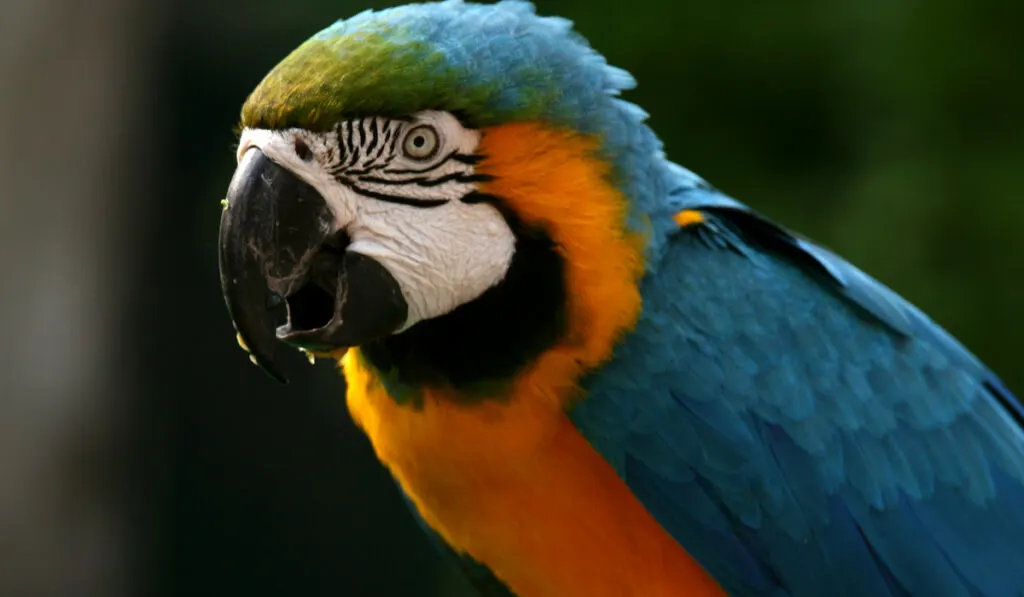
It’s called a pecking order for a reason. Just because your parrot is a pet doesn’t erase its natural tendencies. If your parrot is feeling the need to defend its perceived territory or to feel dominant in a situation, the bird may start biting.
To correct this behavior make it clear from the start that you are higher in the pecking order. Begin training as soon as you bring the bird home, and use your body language, face and verbal praise as rewards that your parrot will respond to.
Fear
In nature when posed with a “fight or flight” situation, birds will choose flight as often as possible. As a pet, your parrot often has clipped wings and is inside, so they will be forced to choose fight – which to them means biting.
You have to determine what your bird is fearful of and correct the situation. You then have to prove to the parrot that you have corrected the situation and make sure they feel like they can trust you and feel safe in your presence.
Breeding Behavior
Adult birds that are sexually mature exhibit more aggressive behavior when they are in mating season.
If mates are in the same cage, it will be worse as they will protect each other and even birds caged solo may brow more territorial of their cage when driven by their hormones.
Medical Issues
As with any animal, if a parrot does not feel good or is in pain, this will be manifested in them growing more ornery and therefore more likely to bite.
If your bird is displaying any symptoms of illness or appears injured, getting them treated will likely take care of the biting in this case.
Play
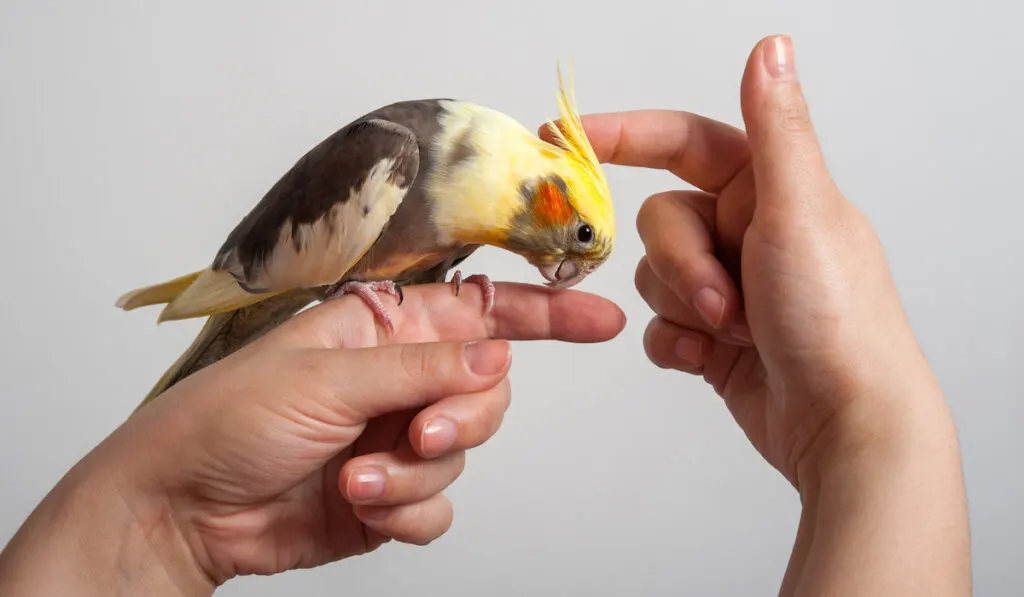
If your parrot becomes overexcited during play they may start to bite. They may also bite if they need to get their balance and their human is the sturdiest thing to grab onto.
Watch your parrot carefully for signs that they have had enough playtime and want to return to their cage, as they may also bite as a sign that they have had enough.
No matter why your parrot bites, if you get nipped, you will quickly have your answer to does a parrot bite hurt. The bite veracity can differ depending on the parrot.
How Bad Does A Parrot Bite Hurt?
No matter the size or age of your bird, a bite from a parrot is going to be painful.
This is because in the wild, beaks and talons are the weapons they have to protect themselves, and they are powerful ones. Not only are beaks naturally used for protection, but they are also the parrot’s main source of discovery and used as humans may use their hands.
The strength in the beak exists in all parrots, no matter the size. The pain of the parrot bite goes up depending on the size of the beak, not the size of the parrot.
Larger hook-billed parrots also tend to hurt more and can cause rips in the skin as well as bone breakage or even bone-crushing.
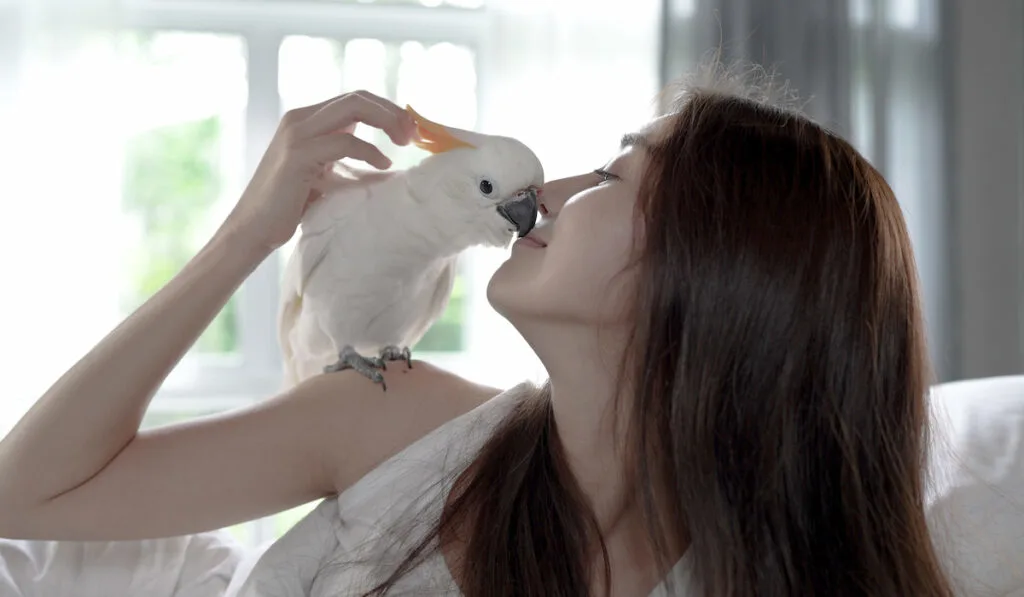
Even without any open wounds, your bones could be crushed or broken causing intense pain. If the beak is smaller and does not get to the actual bone, you can still expect the pain associated with swelling and bruised fingers.
Contributing Factors To Parrot Bite Pain
Different breeds of parrots have different kinds of beaks and the size and structure of the beaks are going to contribute to the severity of the bite more than the size of the bird.
The bigger the beak, the more strength. The more hook-billed the easier for a beak to tear through flesh. A wider lower beak allows for more strength to be funneled into the bite.
All parrots have the most advanced example of prokinesis, allowing movement in their upper bill as well as front and back and side to side movement in their lower bills.
Parrots have muscular tounges which allows them to use their tongue to position things in their mouth to distribute the bite to where they feel is the optimal spot for their goal.
Beak Size
Though it has been hard to get exact research on this issue, it is estimated that MacCaws and parrots similar to their large hook-billed beaks can have a bite PSI similar to a large dog, anywhere from 500 PSI to 700 PSI.
Source: Chewy
Though bigger beaks cause more damage, it is often said that small and medium beaked parrots can bite with more speed and precision, so they can cause plenty of painfully bruised fingers and hands.
Beak Structure
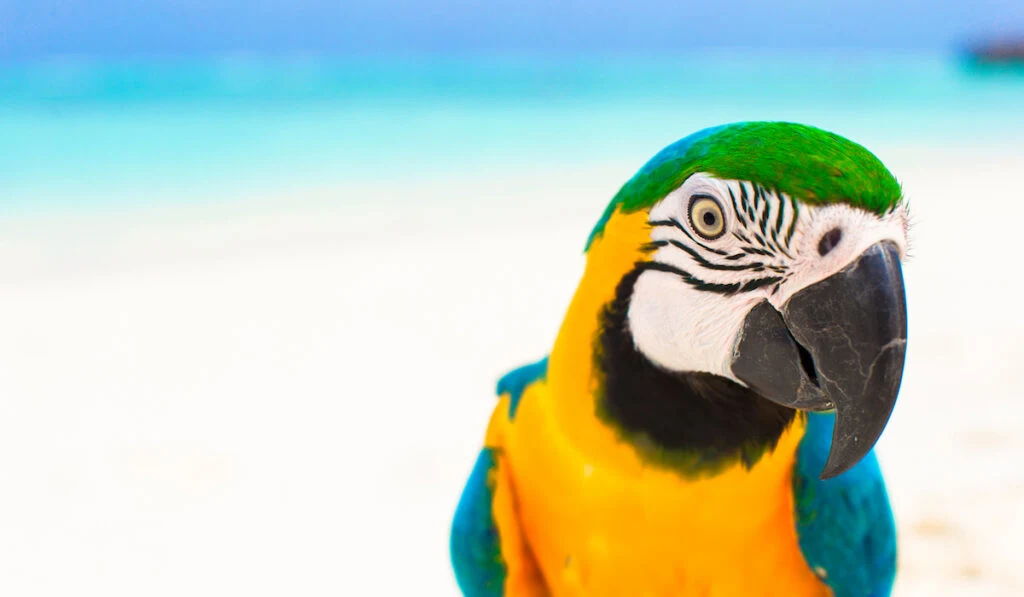
Hook-billed parrots still have different beak structures. Many times, the curve in the upper bill being more pronounced will lead to more ripping, tearing and need for stitches.
Certain parrots may have knubs in their bottom beak allowing them to use their tongues to trap a finger within those knubs.
Thinner and needlepoint beaks are not going to cause as much damage as it lacks the power to truly crush down but can cause a lot of bruising and if done right may even cause a puncture to the skin.
Remember the size and type of the beak on the bird will hurt contribute more to does a parrot bite hurt than the size of the actual bird.
A Happy Parrot Is a Lifelong And Bite Free Companion
Parrots are wild animals, and more than likely at some point in time every parrot owner will suffer a bite from their bird. Training, trust and proper care are all vital components to stopping any parrot from becoming a regular biter.
Read your parrot’s moods and learn to distinguish their body language, and minimizing bites and the damage resulting from them will become easy over time. Does a parrot bite hurt? Of course, but it should not be a regular occurrence and can be taken care of quickly, efficiently and managed by the parrot owner.
